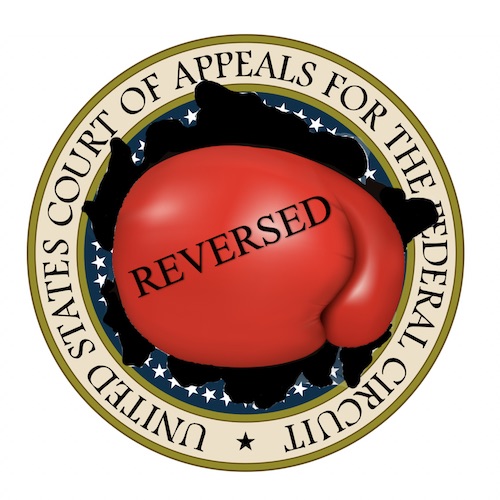Latest Federal Court Cases – October 2023 #2 | Schwabe, Williamson & Wyatt PC
Finjan LLC v. SonicWall, Inc., Appeal No. 2022-1048 (Fed. Cir. Oct. 13, 2023)
In the Federal Circuit’s only precedential opinion this week, a majority affirmed summary judgment of non-infringement on appellant Finjan’s malware detection patents. The Court’s opinion signals that patents originally drafted as directed to local computing functions may not be infringed when those same functions are performed in a cloud computing environment.
Finjan’s asserted claims were from patents the Court referred to as its “Downloadable Patents” (U.S. Patent Nos. 8,677,494; 6,154,844; 6,804,780; and 7,613,926) and its “ARB Patent” (U.S. Patent No. 8,225,408). As relevant to the appeal, the claims of the “Downloadable Patents” each required scanning by the claimed software of a “Downloadable,” which the parties had stipulated means: “an executable application program, which is downloaded from a source computer and run on the destination computer.” The claims of the ARB patent required a series of steps, such as “receiving” a stream of program code, “determining” information about it, and “instantiating” a response; each to be performed by “a computer” or “said computer.” The district court granted summary judgment of non-infringement on both sets of claims because SonicWall’s accused products scanned only incoming data packets without reassembling them into a file that was “executable” on the computer that received and scanned the information, and because the steps of the ARB Patent claims were performed by different computers in SonicWall’s accused systems.
A majority of the Federal Circuit panel agreed with both determinations. On the Downloadable Patents, the Court noted that a litigant is not permitted to attack a stipulated claim construction on appeal; that its review was limited to whether the district court properly applied the parties’ stipulated construction; but that the court in such instances has discretion to clarify what is “inherent” in such a construction without substantively modifying it. The majority found that the district court had properly done so in this instance, and that limiting the claims strictly to “Downloadables” that are “run on the destination computer” was further supported by the Downloadable Patents’ specifications and claims. With respect to the ARB Patent, the Court noted that, although use of the indefinite article “a” in “a computer” could signify “one or more computers,” subsequent references to “said computer” made clear that in order to infringe, there still must be at least one computer that itself performs all recited functions.
The Court also vacated summary judgment of invalidity on some patents that had been based on collateral estoppel from an indefiniteness finding in related proceedings—where that collateral invalidity judgment had been vacated on appeal—and found the district court had not abused its discretion by excluding certain expert testimony for failure to properly apportion damages to patented features. Judge Byron dissented in part, arguing that with respect to the Downloadable patents, the district court had impermissibly modified the parties’ proposed construction by further requiring that a “Downloadable” be capable of being executed in the form and at the time of its receipt by an intermediate computer.
The case is available here.
By Jason A. Wrubleski






